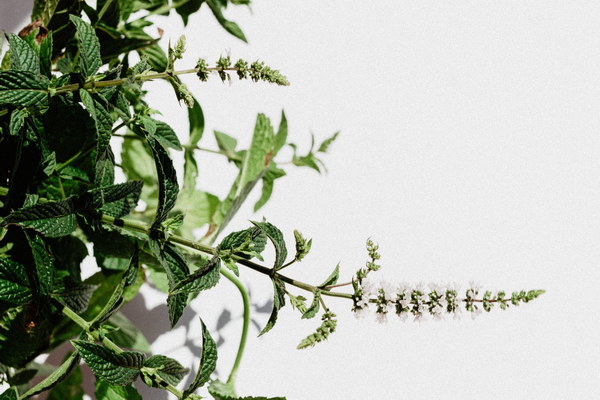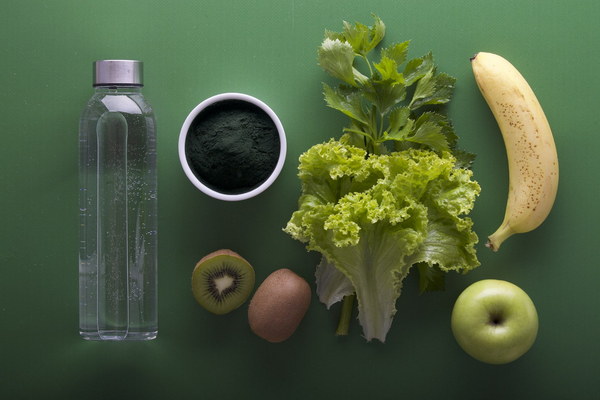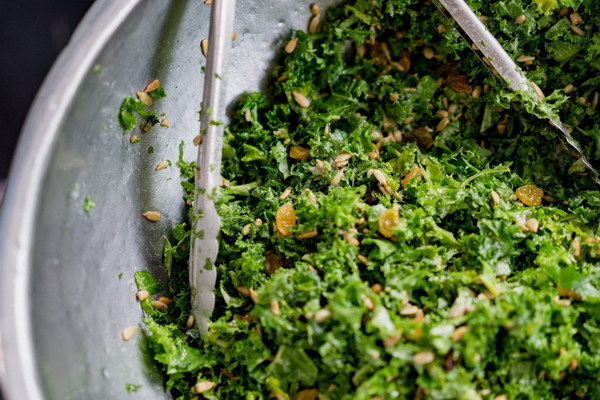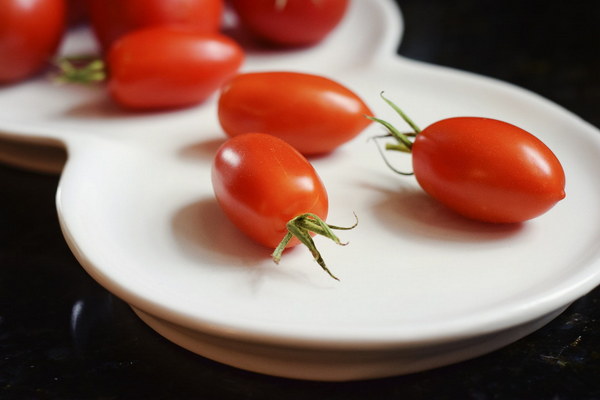Unveiling the Secrets What Traditional Chinese Medicine Recommends for Dampness Removal
In the realm of Traditional Chinese Medicine (TCM), the concept of dampness is a prevalent issue that affects the body's balance and overall health. Dampness is often described as an excess of moisture in the body, which can lead to a range of discomforts, from fatigue and poor digestion to joint pain and skin issues. If you're on the quest for natural remedies to alleviate dampness, TCM offers a wealth of insights and treatments. Let's explore what TCM suggests for dampness removal.
Understanding Dampness in TCM
To delve into the world of TCM and dampness, it's essential to grasp the core concepts. TCM views the body as an intricate system where the balance of Yin and Yang is crucial for health. Dampness is considered an excess of Yin, which can disrupt the body's harmony, leading to various symptoms.
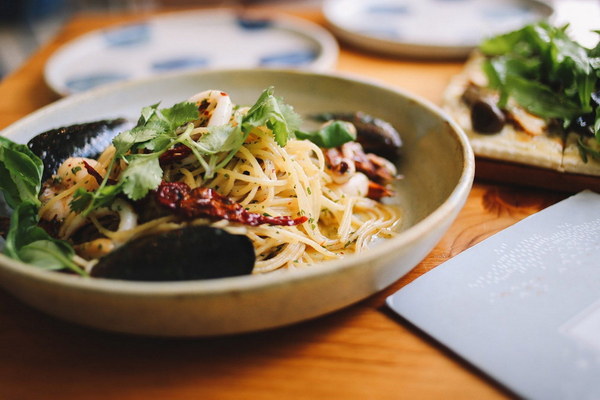
Dampness can arise from external factors such as living in a damp environment, consuming cold or damp foods, or from internal factors such as a weakened spleen and liver, which are key organs in TCM for regulating moisture levels.
TCM Remedies for Dampness Removal
1. Herbal Medicine: TCM employs a wide array of herbs to address dampness. Common herbal formulas include:
- Astragalus (Huang Qi): Known for its immune-boosting properties, it helps to strengthen the body and combat dampness.
- Cinnamon (Rou Gui): This spice has warming effects, aiding in the removal of dampness and improving circulation.
- Poria (Fu Ling): Often used in combination with other herbs, poria absorbs moisture from the body and aids in draining dampness.
2. Acupuncture: This ancient practice involves inserting fine needles into specific points on the body to balance the flow of Qi, the body's vital energy. Acupuncture can help alleviate dampness by promoting the movement of Qi and draining excess moisture.
3. Dietary Adjustments: TCM emphasizes the importance of diet in balancing dampness. Foods to avoid include those that are cold, raw, and damp, such as cold drinks, ice cream, and certain fruits. Instead, focus on warming, drying, and spleen-strengthening foods like:
- Ginger: Known for its warming properties, ginger can help expel dampness.
- Garlic: This pungent vegetable has drying qualities and supports digestion.
- Green Tea: A warm beverage with diuretic properties, green tea can help eliminate dampness.
4. Moxibustion: A form of heat therapy, moxibustion involves burning dried mugwort on specific points on the body. The heat helps to stimulate Qi flow and expel dampness.
5. Tai Chi and Qigong: These practices involve gentle, flowing movements that help to improve blood circulation, enhance the flow of Qi, and expel dampness. They also promote relaxation and balance the mind and body.
Conclusion
Incorporating these TCM remedies into your routine can provide relief from dampness and restore balance to your body. However, it's important to consult with a qualified TCM practitioner to tailor a treatment plan that suits your specific needs. By understanding the principles of TCM and the various methods for dampness removal, you can embark on a journey towards a healthier, more balanced life.


